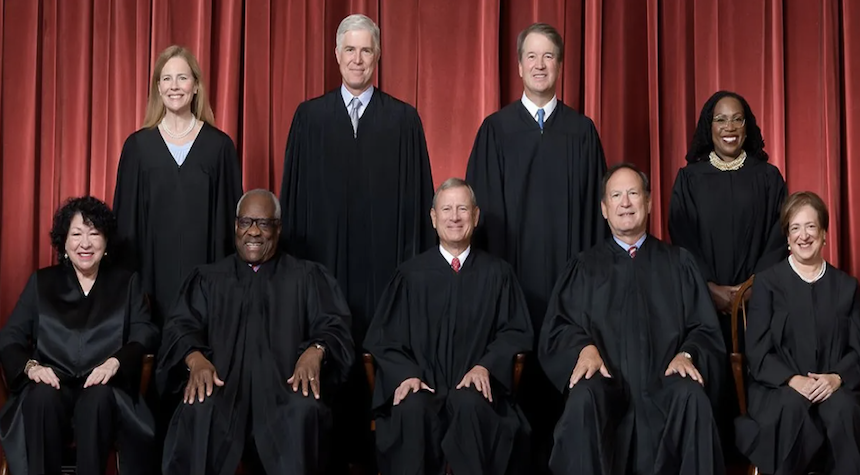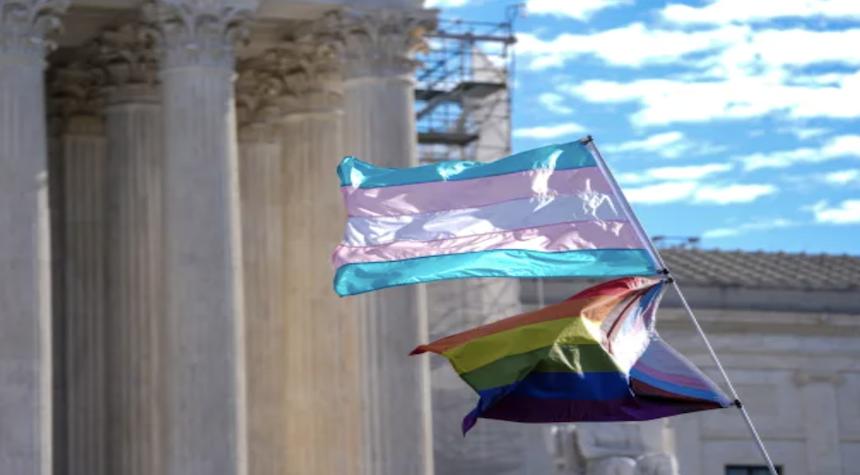The U.S. Supreme Court has decided to hear appeals by Idaho and West Virginia to enforce state laws that prohibit transgender athletes from participating in female sports teams at public schools. This decision brings to the forefront another civil rights challenge to the Republican-endorsed restrictions on transgender individuals.
The appeals by Idaho and West Virginia are in response to decisions by lower courts in favor of transgender students who brought lawsuits. These students contended that the laws discriminate based on sex and transgender status, in violation of the 14th Amendment of the U.S. Constitution, which guarantees equal protection under the law, as well as the Title IX civil rights statute prohibiting sex-based discrimination in education.
The Supreme Court is set to hear arguments in this matter during its next term, which commences in October. The justices, however, did not involve themselves in an appeal by Republican legislators in Arizona defending a similar prohibition in their state.

We should note that twenty-seven states, mostly governed by Republicans, have in recent years implemented laws restricting sports participation by transgender individuals. The laws in question in Idaho and West Virginia categorize public school sports teams according to “biological sex” and prohibit “students of the male sex” from female athletic teams.
West Virginia Attorney General John “JB” McCuskey has expressed support for the Supreme Court’s decision to hear the matter, arguing that the state law “protects women and girls by ensuring the playing field is safe and fair.” Meanwhile, opponents contend that these laws unlawfully discriminate based on sex and transgender status.
This development follows earlier reports of executive orders signed by former President Donald Trump targeting what he termed “gender ideology” and declaring that the federal government will recognize only two sexes: male and female. His administration also sought to exclude transgender girls and women from female sports.

According to reliable sources, the Idaho challenge was filed by Lindsay Hecox, a transgender Boise State University student who wanted to join the women’s track and cross-country teams, but failed to qualify. A federal judge blocked Idaho’s law in 2020, finding that it likely violates the constitutional equal protection guarantee. The San Francisco-based 9th U.S. Circuit Court of Appeals upheld the judge’s action in 2023 and, in an amended ruling, in 2024.
The West Virginia law was challenged by Becky Pepper-Jackson and her mother, Heather, in 2021 after Jackson’s middle school prevented Pepper-Jackson from joining the girls’ cross country and track teams due to the state’s ban. A federal judge initially ruled in Jackson’s favor, then later reversed the decision and sided with the state. The Supreme Court in 2023 denied the state’s bid to enforce the law while litigation was ongoing.
In summary, the Supreme Court’s decision to hear these cases signals another critical chapter in the ongoing debate over transgender rights, specifically in the context of school sports. The outcomes could have significant implications for state laws across the nation.


